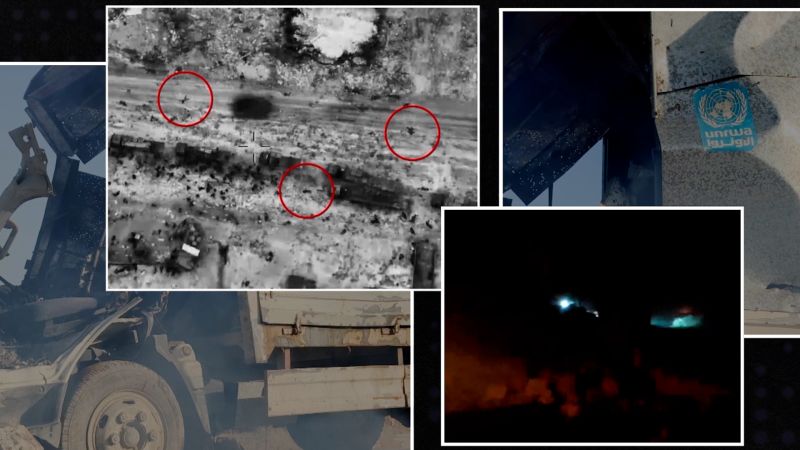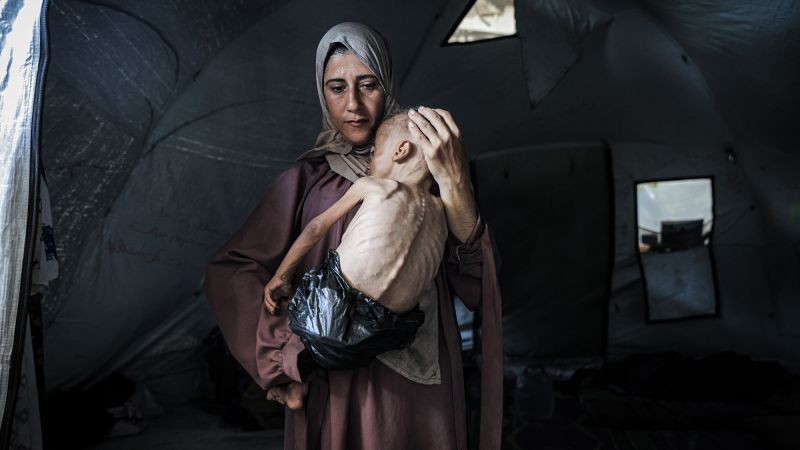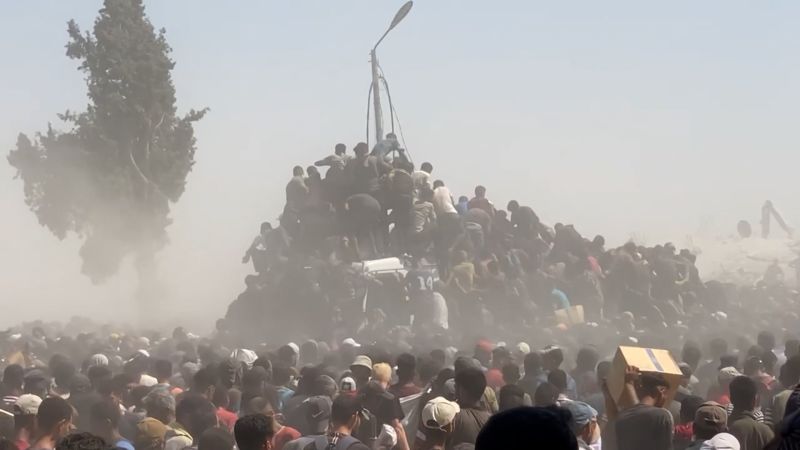
Impact of Israeli Military Actions on Gaza's Food Security
World | 9/9/2025
An investigation into the impact of Israeli military actions on Gaza’s food security reveals a dire situation. Gaza, already grappling with poverty and high unemployment rates, has seen its food insecurity exacerbated by ongoing conflicts. The Israeli military’s operations have targeted critical infrastructure, including farmland, fishing zones, and water sources, disrupting food production and distribution.
According to data from humanitarian organizations, the blockade imposed on Gaza has severely limited the entry of essential goods, including food and medical supplies. This, coupled with restrictions on movement and access to agricultural lands, has pushed the region into a deepening food crisis. The United Nations has warned of a looming humanitarian catastrophe if immediate action is not taken to address the food insecurity in Gaza.
An unnamed aid worker on the ground in Gaza described the situation as “a man-made disaster fueled by conflict and political tensions.” The international community has called for a cessation of hostilities and a humanitarian ceasefire to allow for the delivery of much-needed aid to the population. However, achieving a lasting solution to the underlying causes of the crisis remains a complex challenge.
In response to the allegations, a spokesperson for the Israeli military emphasized their commitment to targeting only military objectives and minimizing civilian casualties. The spokesperson stated, “Israel faces security threats that necessitate defensive actions, but we are mindful of the humanitarian impact and take precautions to mitigate harm to civilians.” Despite these assurances, the toll on Gaza’s food security continues to mount, raising concerns about the long-term consequences of the conflict on the civilian population.
Efforts to address Gaza’s food crisis require a comprehensive approach that addresses both immediate humanitarian needs and the underlying causes of the conflict. International organizations are working to provide emergency food assistance and support local agriculture initiatives. However, sustainable solutions will depend on broader efforts to de-escalate tensions, lift restrictions on movement and access, and promote economic development in the region.
As the investigation sheds light on the complex interplay between military actions, political tensions, and food insecurity in Gaza, the need for a coordinated international response becomes increasingly urgent. The plight of Gaza’s population underscores the pressing need for a resolution to the conflict that ensures the basic rights and well-being of all civilians in the region.


